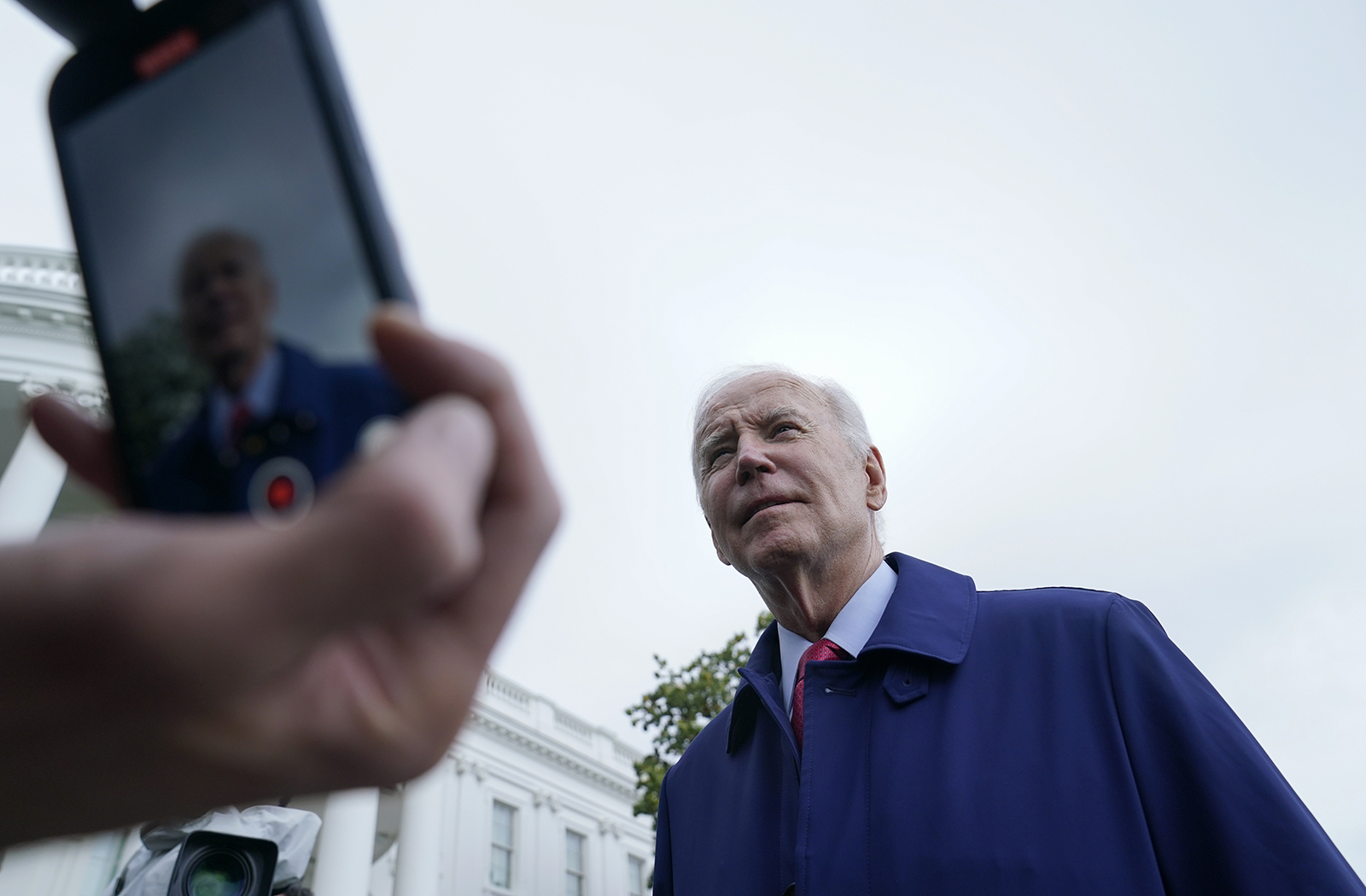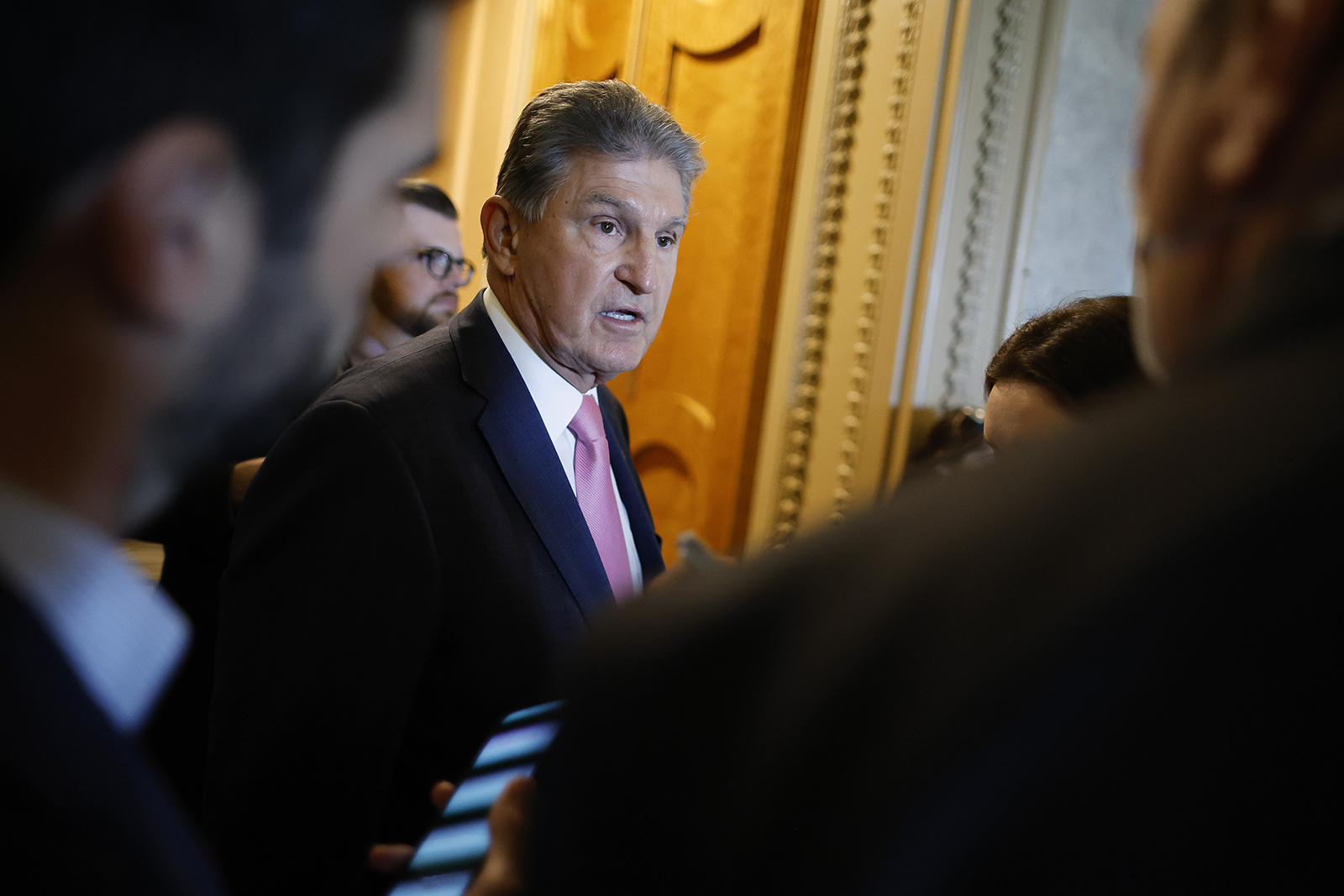
Some Republicans are joining staunch opponent of the debt limit bill Rep. Chip Roy — who called the deal a "betrayal of the power-sharing arrangement that we put in place."
Roy has threatened House Speaker Kevin McCarthy's leadership role over the deal during an interview with Glenn Beck, saying that if the deal can't be killed in rules or on the floor "Then we're going to have to then regroup and figure out the whole leadership arrangement again."
These comments were confirmed to CNN through his spokesperson.
“We will continue to fight it today, tomorrow, and no matter what happens, there's going to be a reckoning about what just occurred, unless we stopped this bill by tomorrow,” Roy later told reporters in a noon Freedom Caucus news conference Tuesday.
Here's what other Republican lawmakers are saying:
Freedom Caucus chair Rep. Scott Perry slammed the bill, saying, “This deal fails, fails completely. And that's why these members and others will be absolutely opposed to the deal and we will do everything in our power to stop it.”
Rep. Andrew Clyde said, “I’m a hard no in this fiscally irresponsible insanity."
Rep. Dan Bishop called the Wednesday vote “a career-defining” one.
Bishop also sent a stark message to the GOP conference: “You are the key to our being able to reacquire the unity now. It’s going to take some steps, by the way, because the leadership decision to forfeit that is going to have to be dealt with.”
Rep. Byron Donalds called the bill “crap” and said, “This bill keeps the Biden baseline intact for the federal agencies.”
“More and more Republicans as they read this bill are no’s,” Donalds added.
Donalds also slammed the lack of border measures. “The least we could have done a secure the southern border. And we didn't do that either.”
Rep. Ralph Norman, a conservative who is also expected to oppose the debt limit deal and sits on the House Rules Committee, said he has lost “some trust” in McCarthy.
He said that the bill itself is a “violation” of the agreement reached with McCarthy in January to get him the votes to become Speaker.
“McCarthy has lost some trust in how this has been handled,” said Norman. “I like Kevin, he's done a good job to date. But I will tell you, this is an issue that we're very upset about.”
Sen. Mike Lee, a conservative Republican of Utah, slammed the debt ceiling agreement for giving more to Democrats than Republicans.
“You will see this uniting Democrats in a way that it will not unite Republicans. You may, well, you’re likely to have more Democrats vote for this in both Chambers than Republicans,” Lee said in an interview with conservative radio host Glenn Beck on Tuesday.
Lee said that Democrats seemingly got more out of the deal than Republicans did.
“There’s not a whole lot of give here if this is a quid pro quo … there’s a whole lot of quid and not much quo and we got kind of screwed here,” Lee said.
He suggested that this deal may impact the 2024 presidential landscape, making it more difficult for a Republican to win.
Last week Lee announced that he intended to “use every procedural tool at my disposal to impede a debt-ceiling deal that doesn’t contain substantial spending and budgetary reforms.”
Although Lee did not directly criticize McCarthy, he implied that he does not understand the full impact of the agreement.









